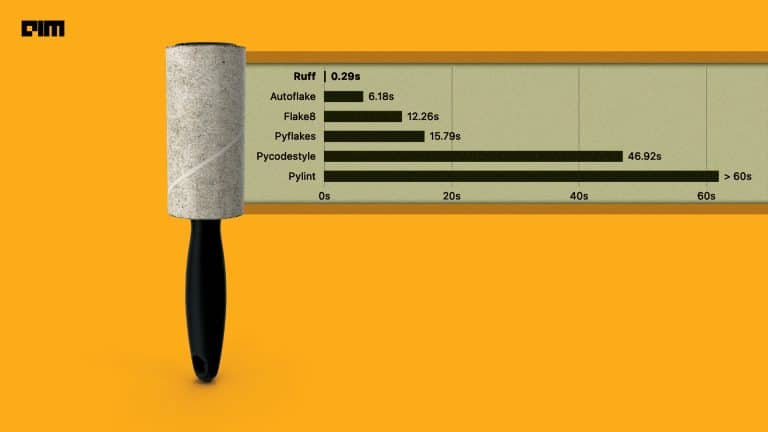The internet is buzzing, and once again, Python finds itself in the crosshairs. A user sparked a lively debate with her post on X: “Hating on Python is literally a skill issue.” This simple statement set off a firestorm of opinions.
The point, as succinctly captured in the phrase, suggests that those who criticise Python might be struggling with the language’s simplicity and accessibility. It’s reminiscent of the common gripe about C++: “C++ is terrible because of memory leaks.”
Python, with its straightforward syntax and wide applicability, is easy to pick up but deceptively challenging to master in nuanced, efficient coding.
Some argue that “Python is easy to hate on because it’s a trash language that’s merely an abstraction anyway.” This critique is not uncommon.
Many developers accustomed to the power and precision of languages like C++ or Java often find Python’s abstract nature frustrating, especially when dealing with performance-intensive applications.
But What is the Issue?
Sanjay Nithin offers a more technical criticism saying, “Can’t handle environments properly, properly handled environments aren’t easy to deploy, takes a lot of time and space to process.” These are legitimate concerns, especially in production environments where efficiency and scalability are paramount.
Python is a good language pic.twitter.com/XFKvXPkb2H
— Mark Tenenholtz (@marktenenholtz) September 11, 2023
Some people have positive criticism about Python and say that lack of constraints such as typing encourages bad practices throughout the ecosystem.
This highlights a frequent complaint among seasoned developers that Python’s flexibility can lead to sloppy code and poor software engineering practices if not managed properly, which has been a long discussed issue.
Conversely, Andre Infante argues that programming languages are designed to minimise errors: “The whole point of programming languages is to protect you from your own mistakes and make it harder to make them. Skill issues are language issues.”
The ease of making mistakes in Python is a double-edged sword—it makes the language accessible but also more prone to user error.
“It is hard to beat Java at speed. I’m an ML engineer, and Python is slow. Do write Java whenever you can.” This critique underscores Python’s performance limitations compared to more optimised languages like Java.
AGI will be built on Python
Despite these criticisms, supporters of Python are unwavering: “Seems 100% true, Python is based and will be based.” This sentiment reflects the strong community support and the language’s entrenchment in various tech domains, particularly AI and data science.
Proficiency and comfort with Python come from skill and familiarity, not inherent flaws in the language. Earlier, AIM made a point that the most frustrating programming language is also the one that you work on the most.
As the market shows, Python’s popularity is no fluke. It’s a testament to its broad applicability and the skill of those who wield it effectively. According to Statista, Python is the most popular programming language.
python is the best language actually. you can tell because it's the most popular. the market has spoken. pic.twitter.com/WZgUhDvAPw
— xlr8harder (@xlr8harder) May 29, 2024
Python’s dynamic typing can lead to subtle bugs that may not be caught until runtime, and its performance can sometimes lag behind that of compiled languages like C++. Apart from people heavily discussing how dynamic typing is one of the worst things about Python, it is also the community that makes it worse for people.
“Python is great for scripting random tasks and calling functions implemented in C. It is not great for building applications.” This pragmatic take acknowledges Python’s strengths and weaknesses, recognizing its utility in specific contexts.
In the end, hating Python may indeed be a skill issue. “Only a bad craftsperson blames their tools.” Python’s simplicity and versatility have made it a staple in the programming world. While it may not be perfect for every application, its accessibility and vast library support make it an indispensable tool for many.
Meanwhile, this debate seems to be forgetting the fact that English is the hottest programming language. Moreover, Microsoft is now also allowing people to code in their native languages, which could even mark the end of Python. The conversation of ‘skill issue’ is simply going to shift to whoever prompts the Copilot the best.
































